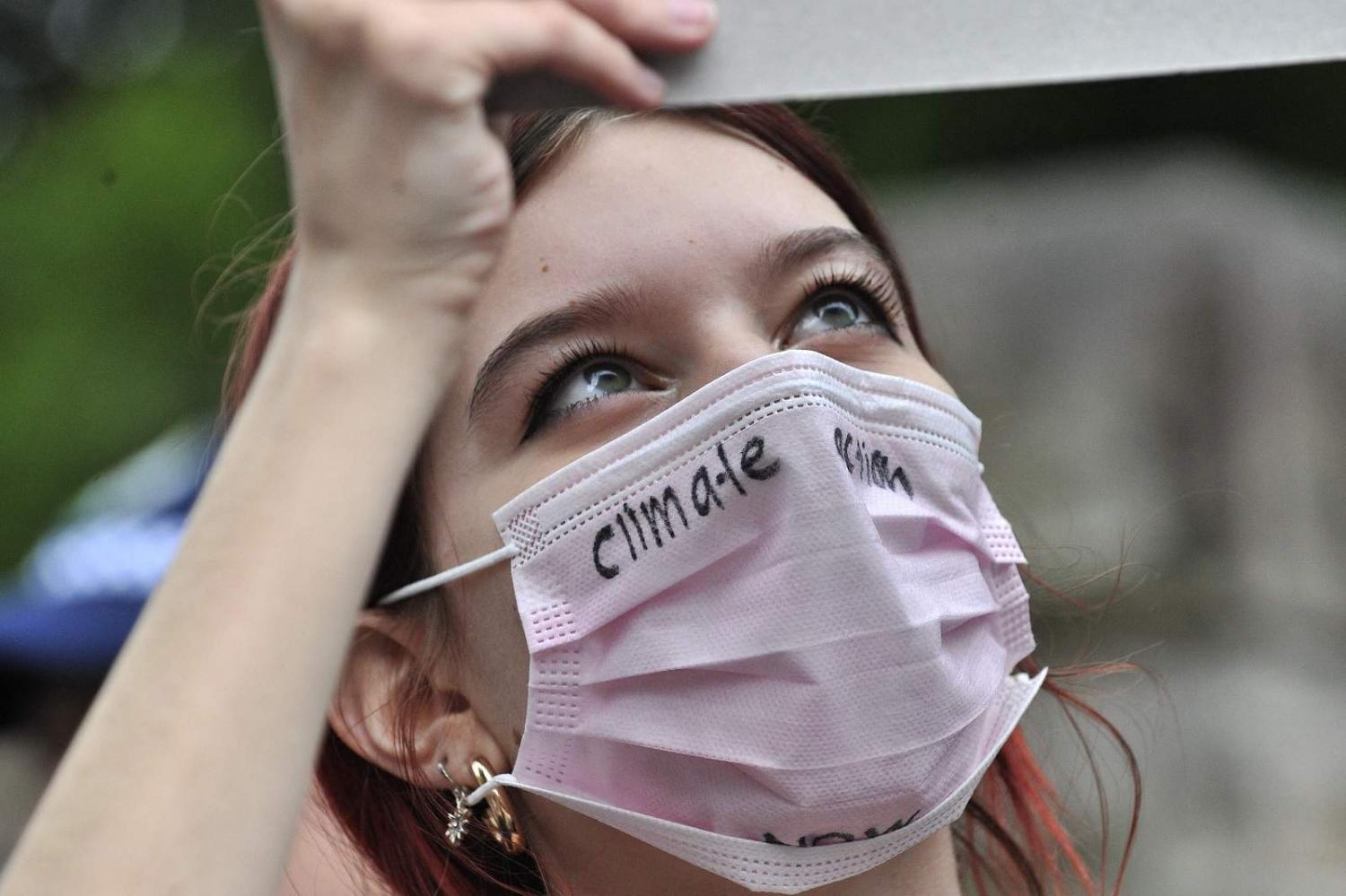It’s reasonable to feel that Australia’s relationship with climate change has undergone a step-change following the 2022 federal election. Since winning in May, the new Labor government has confirmed a more ambitious Australian emissions reduction target, having submitted to the United Nations a commitment to a 43 per cent reduction on 2005 levels by 2030.
The new target sits alongside a suite of policies framed around industrial transformation and decarbonisation, buttressed by rhetoric of an electoral mandate for climate action. The government has re-elevated climate change to a status that means it is now included in a department name – the Department of Climate Change, Energy, the Environment and Water. It has also promised to restore the Climate Change Authority (the independent statutory body for advising government on climate change) and proposed to bid to co-host with other Pacific nations a UN climate summit. Given the result of the 2019 federal election – the so-called climate election that was won by the Coalition incumbents boasting significantly weaker climate policies than the opposition – it is noteworthy that Australia’s new position on climate is accompanied by commitments from the Albanese government to “move on from the climate wars”.
In 2022, 60 per cent of Australians feel that climate change is a serious problem that should be addressed urgently.
With this significant change to the Australian climate policy regime, it’s a puzzle then to see that the Lowy Institute’s annual polling shows little change in the pattern of aggregate climate opinion between the polling conducted around the 2019 election, and the most recent polling conducted two months before the 2022 election. In 2022, 60 per cent of Australians feel that climate change is a serious problem that should be addressed urgently (a further 29 per cent think climate change is a real but less-than-urgent problem, and 10 per cent are not sure that it is a problem at all). This hardly differs from the 61 per cent in 2019. In fact, the Lowy Institute’s polling has indicated a clear majority of Australians have favoured urgent action on climate change for a good five years now; well ahead of the 2022 change of government to give power to a party with comparatively stronger climate ambition.
The stabilisation of climate opinion in the Lowy Institute’s polling from 2018 at a near 60 per cent majority wanting urgent action follows a tumultuous decade of climate politics in Australia featuring unprecedented industry mobilisation, within and between party conflict, and divisive political campaigning. Given the high point of climate opinion at the beginning of the Lowy Institute’s polling in 2006 with demand for urgent action at 68 percent, it’s significant that climate opinion could erode as far as its low point in 2012, when it dipped to 36 per cent. And, it’s particularly significant that public support for urgent action waned under the Rudd-Gillard-Rudd Labor governments of 2007–2013 that worked to implement a climate policy regime, against unprecedented public opposition campaigning by the minerals industry, before strengthening under the Abbot-Turnbull-Morrison Coalition governments of 2013–2022 that came to power from opposition with a commitment to “axe the tax” on carbon emissions.
Should Australians demand ambitious climate action until they have to grapple with the realities of and contestation about climate policy implementation? If climate opinion remains stable at 60 per cent favouring urgent action while the Albanese government implements its climate policy regime – potentially against the headwinds of the powerful “Carbon Club” opposition from politics, industry and the media – the question of whether the 2022 election marks a step-change in Australia’s relationship with climate action may be answerable.
The stable majority support for climate action over the past five years generally accords with findings of other opinion polling and research, including The Australia Institute’s Climate of the Nation and the Australian Conservation Foundation’s Together We Can initiative. Research that I conducted with Professor Frank Jotzo around the time of the 2019 federal election supports these findings, too. But, in addition, we found that despite strong support for climate action among Australian voters across the political spectrum, climate change was the most important issue for only a minority of Australians when deciding how to vote.
Rather than climate change, The Australian Election Study shows that the most decisive issues for voters in 2019 were the economy, tax and party leadership dynamics. In 2022, the electoral outcome and consequences for climate policy are markedly different to those of 2019. But the stability of climate opinion data over the past five years should question any assumptions about a climate action mandate from the 2022 federal election.
Australia has had a complicated relationship with climate action. The 2022 election marks an important shift in the climate policy regime.
More to the point, the change in seats in the 2022 election that delivered a new government occurred primarily in inner metropolitan areas. According to analysis by Ben Raue of The Tally Room, the Coalition lost 13 of 17 inner metro seats to Labor (six seats) and the climate-forward crossbench (seven seats), but gained ground in rural areas. Examining the two party preferred count after finalisation of the electoral outcome, Raue shows that while Labor made gains in inner metro areas, it remained relatively stable in outer metro areas, and lost ground in provincial and rural areas. If election of the Labor party in 2022 is taken as a climate mandate, then this mandate comes solely from Australia’s cities.
Australia has had a complicated relationship with climate action. The 2022 election marks an important shift in the climate policy regime. For people wanting to see genuine policy progress on climate change, there is good cause for optimism. But the Lowy Institute’s polling shows that the change of government has not necessarily been shepherded by a concomitant step-change in Australian climate opinion. Policymakers, organisers and advocates seeking to support the implementation of effective and enduring climate policy under the Albanese government will do well to remain vigilant to making a compelling case for climate policy to the Australian people. And, working to ensure that climate action does not become a wedge that divides the cities from the country.

